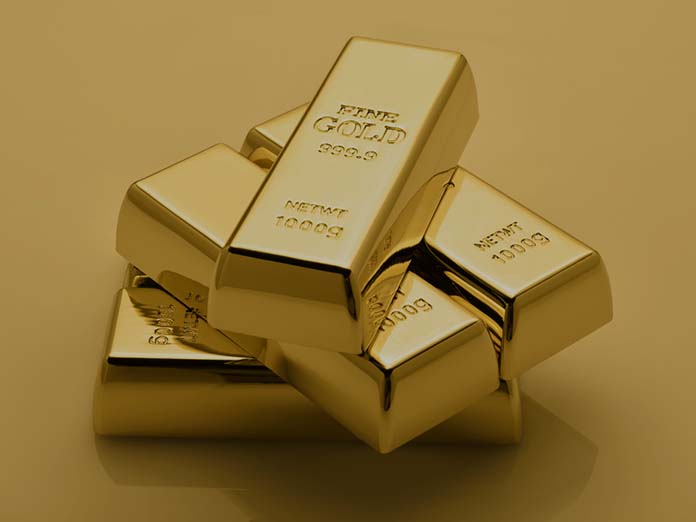March 31, 2020 (MLN): The unrelenting oil price war between Russia and Saudi Arabia started on March 8, 2020 when the breakup in a dialogue between Organization of the Petroleum Exporting Countries (OPEC) and Russia over deeper production cuts in the midst of Coronavirus pandemic, which is the main driver of ongoing global capital markets crash.
Riyadh’s concern was the future of crude as its demand was raising some red flags across the globe as China, the largest oil importer, started turning back oil tankers when the COVID-19 outbreak forced its economy to a standstill. Therefore, it envied for deepening oil output cuts in order to balance off.
On the other hand, Russia was determined to see the full impact of COVID-19 on the global stage and then decide on a reduction in oil production. However, one of the major threats to Russia was from the US shale industry, which could benefit from the production cut, resulting in better prices and the possibility of capturing its clients, a research report by Darson highlighted.
So far, the declines in oil prices signal no breakthrough in the oil price war though the US stepped in to pressurize Saudi Arabia to step down from oversupply which reached 12.3 million barrels per day, which could be the setback for industries and capital markets, the research revealed.
Recently, the US announced a big relief package of $2 trillion to support the struggling economy amid the pandemic crisis. Matter of the fact that this move can speed up economic activities but to influence oil market price and its stability would remain a question there until both giants agree to production cuts.
The research underlined that the future of crude is still vague as one-third of the world is in a lockdown stage, where around 198 countries got affected by this virus which may lead to a further decline in oil prices. Considering all the above-mentioned aspects, will two giants stop this intensifying oil price war and let black gold shine again?
However, it would be worth considering whether Pakistan can get benefits from this price war. One-third of imports are oil-based which could shrink the current account deficit owing to lower import bills. Moreover, lower oil prices drag down the inflation readings as the government lately cut POL prices by Rs 15 per liter and further reduction is still in consideration.
It is prudent to mention stable inflation can trigger SBP to further ease off the policy rate which has already been cut by 225 basis points on account of COVID-19, as per the research note by Darson.
Darson predicted that the sectors that bear the brunt of this price war are oil and gas exploration and marketing as prices are linked with black gold especially the marketing companies which face inventory losses.
On the other hand, chemical and cement could reap the benefits of this ongoing war on the back of cheap raw material prices which are linked with crude prices. Coal and clinker, the raw materials of cement, cost about 40% of the total cost, have come down with the oil price drop.
The cement players, DGKC, CHCC, LUCK have dual power generation plants that can also operate on Residual Fuel Oil (RFO), which can reduce the cost of companies on the back of lower RFO prices, would be ultimately benefitting the cement sector.
Copyright Mettis Link News
33844







